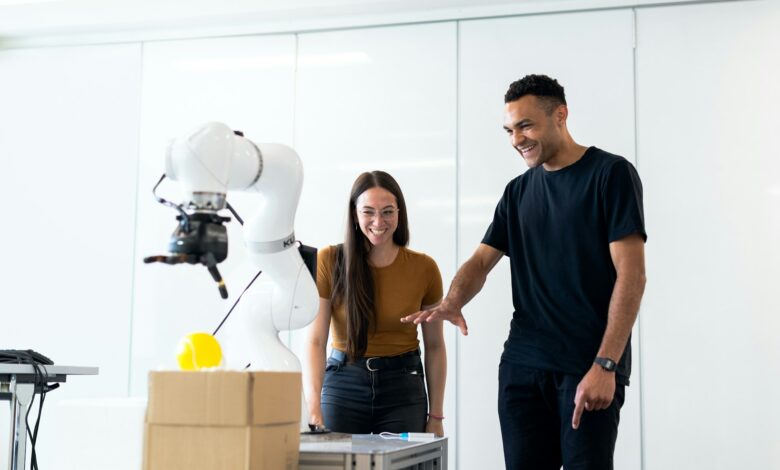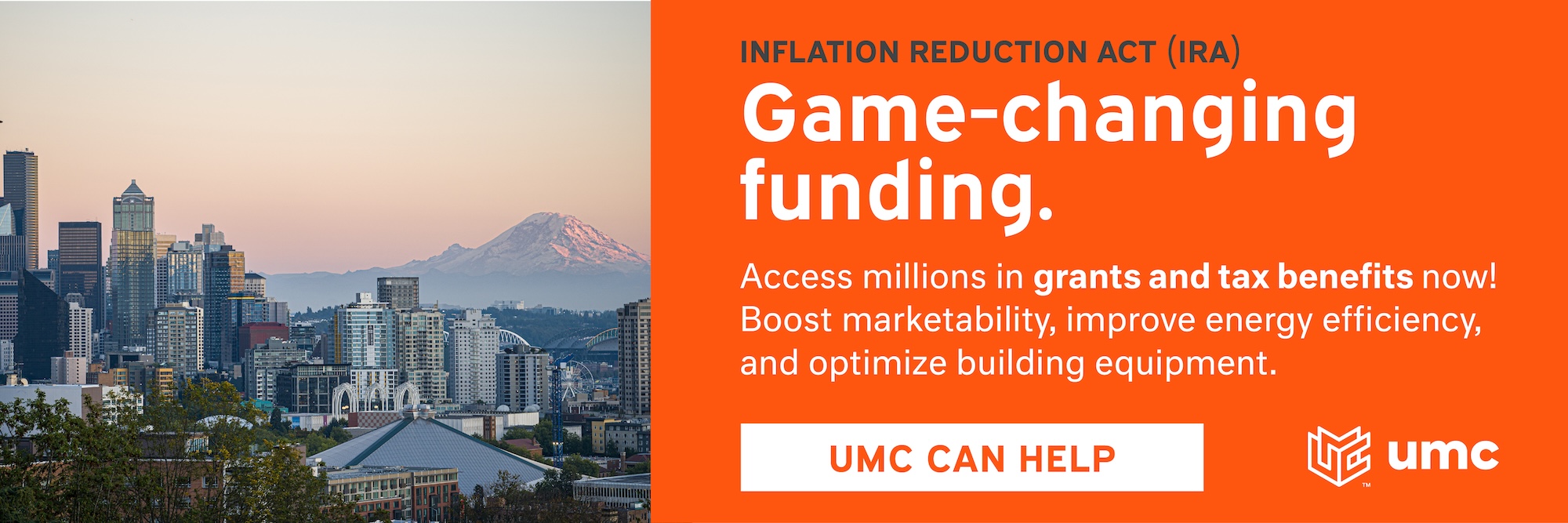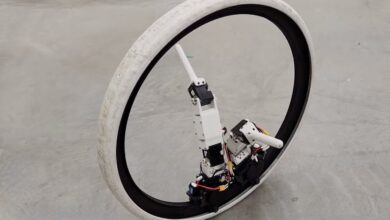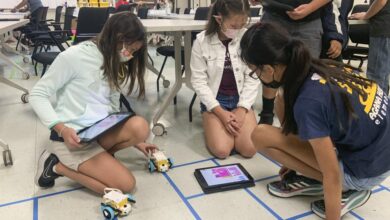Collaborative Robotics Opens Seattle Office After $100MM Raise

In a move that’s set to reshape the landscape of robotics, Collaborative Robotics unveiled its ambitious plans for the future this week. The company, known for its innovative collaborative robots (cobots), is stepping into the forefront of AI with the formation of a dedicated Foundation Models AI team. This powerhouse team, led by Michael Vogelsong, a veteran of Amazon’s Deep Learning Tech team, will be based in a new Seattle office, further solidifying the city’s reputation as a tech hub.
“Our cobots are already doing meaningful work in production on behalf of our customers,” said Brad Porter, CEO of Collaborative Robotics in an article by The Robot Report. “Our investment in building a dedicated foundation models AI team for robotics represents a significant step forward as we continue to increase the collaborative potential of our cobots.”
The focus of this new AI team is clear: to explore the cutting edge of AI in enhancing robotic capabilities, especially in areas like bimanual manipulation and low-latency multimodal models. Their goal is to create robots that can understand and respond to complex tasks and environments with a level of comprehension and control never before seen.
The company announced on its website that it has secured a new Seattle office and a research grant for University of Washington professor Sidd Srinivasa to support advanced AI research. Industry reports indicate that roughly 30 employees will be working at the company’s new offices at 100 NE Northlake Way.
This strategic move follows a successful $100 million Series B funding round in April, which will be used to commercialize Collaborative Robotics’ autonomous mobile manipulator. Details about this innovative system remain tightly under wraps, but snippets of information reveal a wheeled collaborative robot with omnidirectional motion and the ability to handle totes and boxes in warehouse settings.
The opportunity surrounding foundation models AI in the robotics industry can be significant. These models hold the promise of generalizing behaviors and streamlining the development and maintenance of special-purpose models, the report stated. Collaborative Robotics is prioritizing work in this arena, integrating advanced machine learning techniques into its production robots. This approach, coupled with novel research and partnerships, looks to revolutionize the adaptability and precision of robotic tasks.




